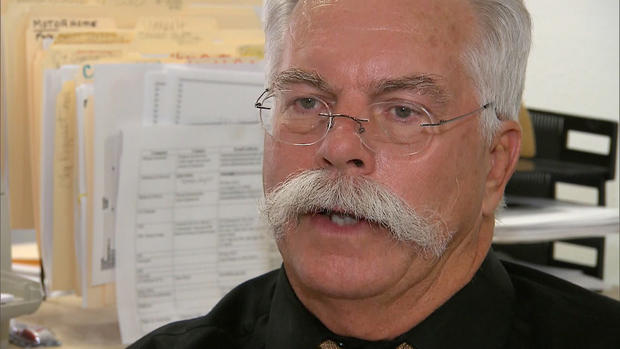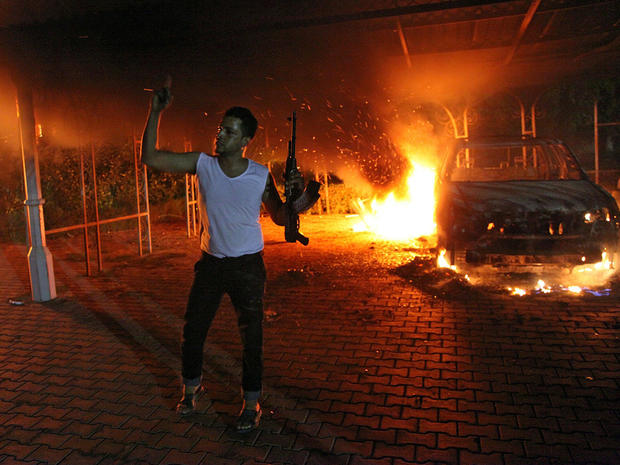Anti-Islam filmmaker "Sam Bacile" identity in question
(CBS News) An anti-Islamic film that triggered protest in the Middle East has also sparked confusion and debate in the U.S.: Just who is Sam Bacile?
Bacile had identified himself as an Israeli-American filmmaker, who uploaded a 14-minute trailer for the film "The Innocence of Muslims" to YouTube. The film purports to show the "real" Muhammad, painting a picture of the Muslim prophet as a philanderer and fraud. The video has been cited as the cause of protest in Egypt and Libya.
But, Steve Klein, a California resident who says he was a consultant on the film, told CBS News Wednesday in an interview that the director name, Sam Bacile, is a fictitious name. The consultant also said he met with the filmmaker in person twice and that the man going by the name "Bacile" is not Israeli.
Speaking to the Wall Street Journal and the Associated Press over the phone from an undisclosed location, Bacile defended the film, saying "Islam is a cancer."
But as media organizations pursued information about this little-known filmmaker, who also said he was a California-based real estate agent, a recurring problem emerged - there is no evidence that he exists.
Four real estate organizations in Southern California told CBS News that they have no knowledge of anyone by the name of Sam Bacile. California state records show that no one with that name has a real estate license in the state of California.
Bacile told the AP that the two-hour movie cost $5 million to make and was financed by over 100 Jewish donors. The filmmaker went on to say that the movie was screened one time to a mostly empty theater in Hollywood, earlier this year.
The film has caught the attention of top officials. U.S. General Attorney Martin Dempey reached out to Pastor Terry Jones requesting that he pull his support. Jones, who runs a small church in Gainesville, Fla., gained national attention in 2011 when he publicly burned the Quran amid protests over plans for an Islamic center near the site of the Sept. 11 attacks in New York City.
In April, several protests broke out in Afghanistan and resulted in at least 20 deaths and many more injuries as a result of Jones' actions.
While Secretary of State Hillary Clinton did not address the YouTube video, she issued a statement on religious tolerance.
"Some have sought to justify this vicious behavior as a response to inflammatory material posted on the Internet," Clinton said in the statement released by the State Department. "The United States deplores any intentional effort to denigrate the religious beliefs of others. Our commitment to religious tolerance goes back to the very beginning of our nation. But let me be clear: There is never any justification for violent acts of this kind."
Bacile's video also raised questions over censorship on YouTube. Social media services like YouTube, Twitter and Facebook was highly praised for mobilizing protesters during the Arab Spring. What happens when the same services are not used altruistically?
YouTube blocked access to the video in Egypt and Libya Wednesday. A spokesperson for the company could not comment on the matter, but released this statement to CBS News via email:
"We work hard to create a community everyone can enjoy and which also enables people to express different opinions. This can be a challenge because what's OK in one country can be offensive elsewhere. This video -- which is widely available on the Web--is clearly within our guidelines and so will stay on YouTube. However, given the very difficult situation in Libya and Egypt we have temporarily restricted access in both countries. Our hearts are with the families of the people murdered in yesterday's attack in Libya".


